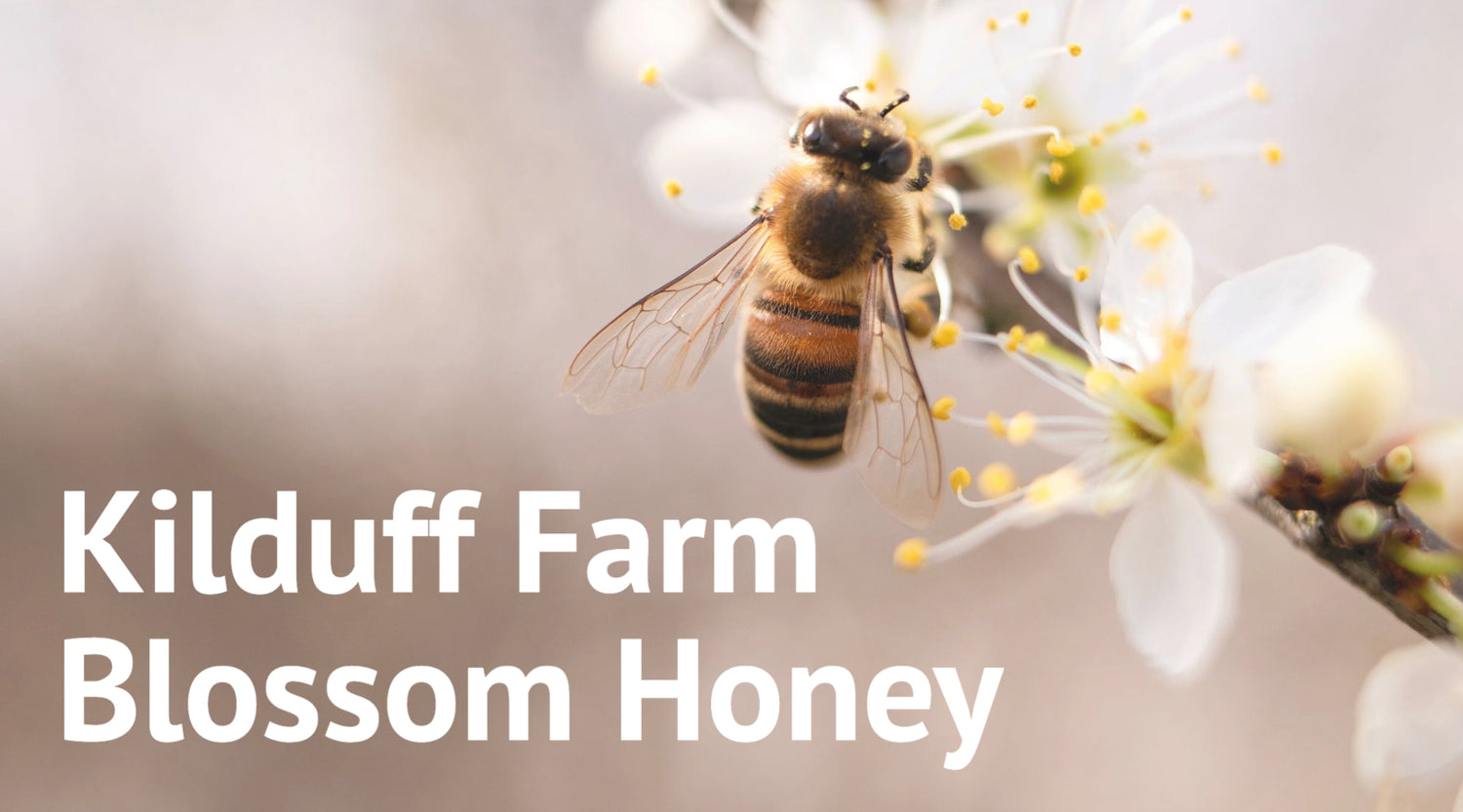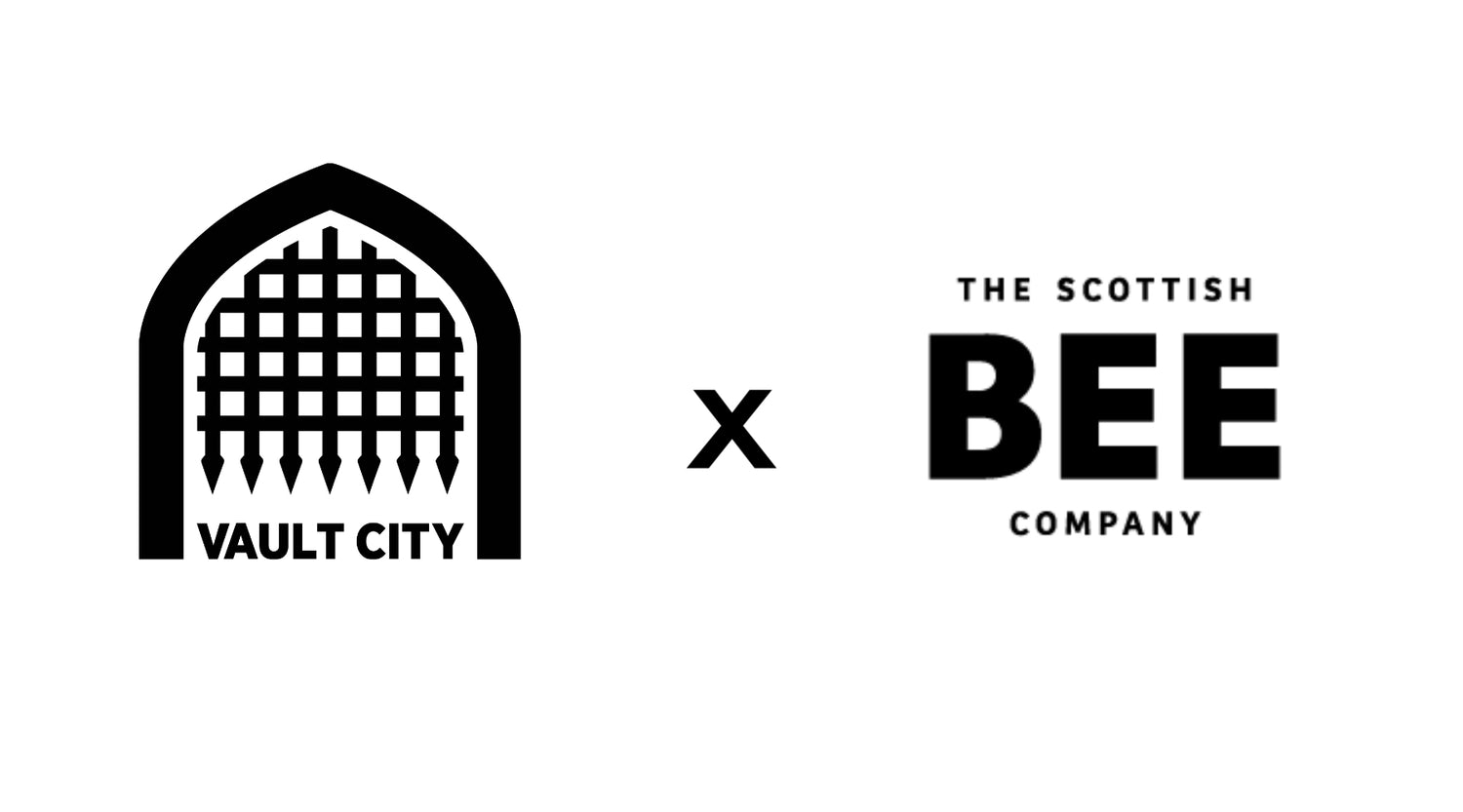The UK government has granted a ban exemption of the chemical, neonicotinoid, despite the damage to bees’ ability to forage and survive
- The UK Government has granted permission for sugar beet farmers in England the use of pollinator harming pesticide, neonicotinoid thiamethoxam, for the second year.
- Farmland accounts for 75% of the UK meaning the use of pesticides will further threaten our precious pollinators that are already in decline.
- Despite explicit advice from scientific advisors and environmental organisations, the decision goes against the UK Government’s green promises, and will ultimately lead to the harm of wildlife and in turn, our ecosystem.
A debate has taken place recently to challenge the government's decision and discuss banning the use of the harmful chemical for the safety of our pollinators. To help you understand what is going on, we’ve broken down what it all really means.
What is neonicotinoid thiamethoxam?
Firstly, let’s cover the neonicotinoid definition. Neonicotinoids comprise about one third of the insecticides on the global market. There are different types of neonicotinoids however thiamethoxam is one of the most commonly used as it’s highly toxic to insects thus preventing insect induced harm to crops.
What is thiamethoxam used for?
Neonicotinoid thiamethoxam is used in some pesticides to kill crop-harming insects. In the UK, the government had authorised the emergency use of a product containing the chemical thiamethoxam, because of a virus which affected sugar beet seeds.
How do neonicotinoid pesticides work?
Neonicotinoid uses chemicals designed to manage pests resistant to other insecticides. Growers argue the neonicotinoid benefits are highly valuable. It is meant to be selective in the control of insect pests, by ensuring insects crucial to the ecosystem are safe, whilst protecting crops.
The Government stated the use of neonicotinoid pesticides is a necessary measure to prevent disruption to sugar beet crops from the Yellows Virus, carried by aphids, and the lack of alternative insecticide options. With various limitations and controls around the authorisation, they believe the potential benefits of using the neonicotinoid pesticides outweigh the risk associated with pollinators.
However, the Health and Safety Executive (HSE) disagreed.
Why was neonicotinoid banned?
In 2013, the use of most neonicotinoids was massively restricted in Europe and the UK due to the potential devastation on bees and other pollinators' livelihood.
Due to this reason, in 2018, the neonicotinoid pesticide was banned for agriculture use.
In 2020, the government had authorised the emergency use of a neonicotinoid thiamethoxam to control the virus affecting sugar beet seeds. However, due to a cold winter, there was less risk to the crop therefore the threshold for use was not met and thiamethoxam was not used.
In 2022, the Government has granted permission to farmers for the emergency use of a pesticide containing the neonicotinoid thiamethoxam in England to protect a high value crop - the farming industry suffered a loss of over £65 million after the Yellow Virus outbreak in 2020.
The Government’s advisors and environmental and wildlife organisations have opposed the decision due to the potential harm it could cause to our pollinators.
What is the concern with the use of neonicotinoid pesticides?
The biggest concern is the neonicotinoid effect on bee. Honey bees fly a radius of up to 8 miles so are regularly exposed to a variety of pesticides that impact colony health. Neonicotinoid pesticides are a particular concern as they are neurotoxic insecticides used globally on crops pollen or wildflowers that are honey bees food sources. They can impact the bees’ ability to forage and navigate, with severe consequences for the health of the colony.
Evidence has suggested that the query of ‘is neonicotinoids harmful to bees’ is absolutely yes. Studies have linked the use of neonicotinoid pesticides to the declining pollinator population. In particular, studies have illustrated that exposure to the toxic chemical can impact their ability to produce offspring in the future.
Joan Edwards, director of policy and public affairs at The Wildlife Trusts, further exemplified, “a single teaspoon is toxic enough to kill 1.25 billion bees. It is applied as a seed dressing and only 5% of the chemical is actually taken up by the crop. The other 95% accumulates in the soil, where it can be absorbed by the roots of wildflowers and hedgerow plants, or can leach into rivers and streams where it could harm over 3,800 invertebrate species which spend at least part of their life cycle in freshwater.”
Due to the already catastrophic decline in insects and biodiversity, the use of such toxic chemicals is being widely disputed.
Are neonicotinoid harmful to humans?
It’s not directly harmful to humans. However, if we don’t have pollinators we would definitely be in harm. As insects play a vital role in the food chain - with around a third of the food we eat relying on pollination - by potentially harming insects to such a degree, we run the risk of severely impacting our ecosystem. 
Strong, resilient bio-abundance is crucial in ensuring the health of our ecosystem. Please keep growing your flowers in the spring to provide nourishing food for pollinators! For more information on how you can help, head across to our sister charity RePollinate.






1 comment
Please sign the petition https://petition.parliament.uk/petitions/631948